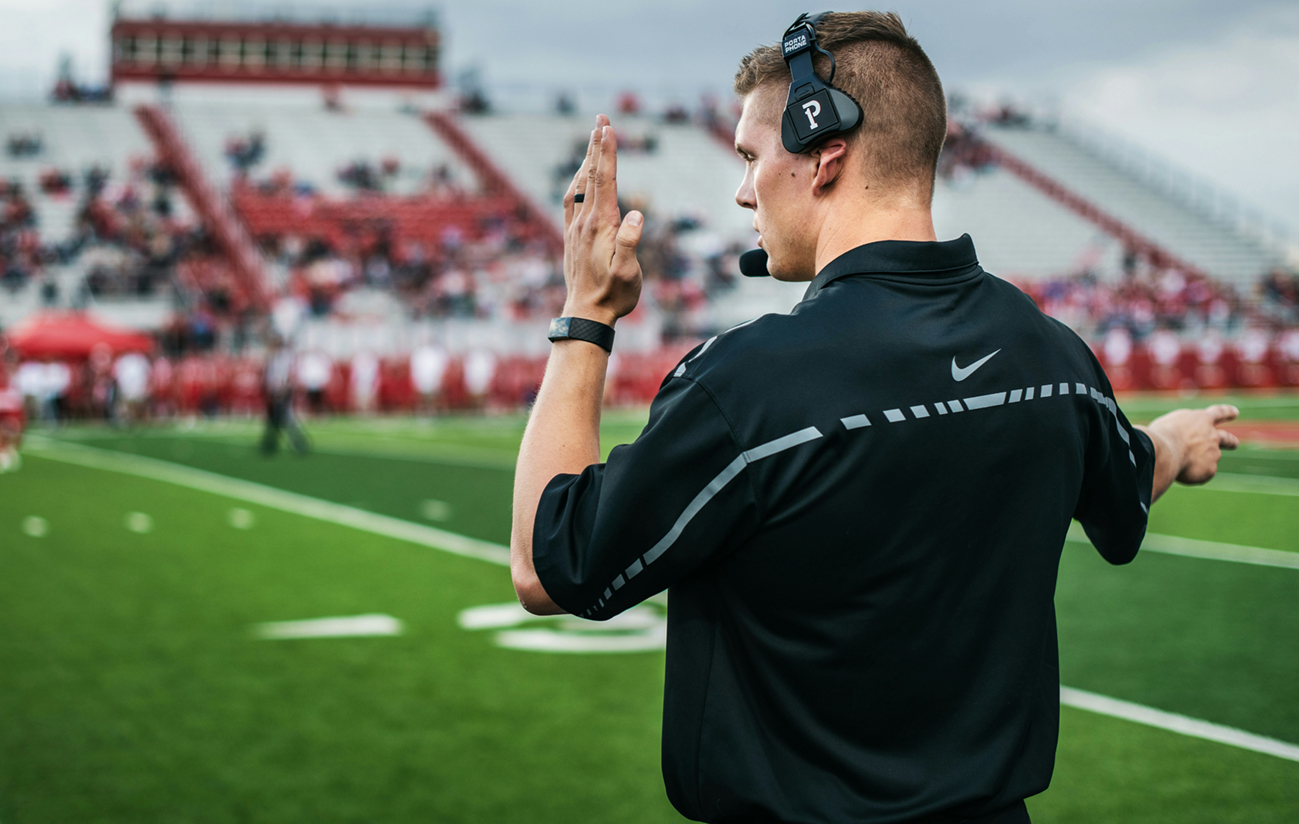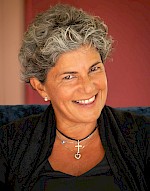From Athlete-to-Coach: Going the Distance From Being the Flower to Being the Gardener

Published
Of the many soon-to-retire elite athletes worldwide, not everyone cares to coach. And of those who do, not everyone will make coaching a lifelong journey and become a successful coach, let alone a great coach. Not everyone is a Dawn Staley! She went from being named Player of the Year and winning Olympic gold as a player to getting recruited as a coach when still playing professional basketball and coaching teams to Olympic gold and National Championship titles.
The Why and How
Some elite athletes and performers get into coaching to give back to their sport and to be part of athlete development. Others, because they have no other skills than knowing how to play their sport or have nothing else planned post-retirement. Some go into coaching because their sport dream was cut short by deselection or a career-ending injury, and some because they were invited to coach (see Chroni et al., 2020 for more information). The truth of the matter is that coaching positions are not open to all; selected individuals are recruited for these. Retired elites are headhunted to share their experience and wisdom and to attract and inspire youngsters. The trend is for their first job to be either with the first team they played for or the last one, which serves their teams well, as keeping the team’s culture intact is another reason for recruiting them.
Do reasons, motives, or ways of entry into coaching prescribe the sequel? Once again, not everyone is a Dawn Staley! A better answer to the question is, we, sport psychology professionals, don’t know. While we lack knowledge on how to foster more Dawn-like sequels, we have enough to call the assumption, “You played, so you can coach”, a naivete (see Chroni & Dieffenbach, 2022 for more information). Even for Coach Staley, transitioning from playing to coaching required multiple and multi-level changes and adaptations.
The Stories We Don’t Know Much About
Through applied and research work, I got to know of many great athlete-to-coach transition stories and many unrewarding ones. Like, retired Olympic and world-class medalists getting recruited to coach at the national team level, doing their due diligence before accepting, and a year later saying good-bye to coaching and the sport altogether. Or individuals who quit coaching pretty fast because their wisdom won’t translate straightforwardly to things they can teach to others, or because they are still mourning the loss of their careers and can’t handle supporting someone else’s dream. Some stories can be a bit more tangled like coaching right out of retirement, soon deciding to go back to playing, then retiring again to enter into coaching, and going back to repeat the cycle. How frustrating, painful, and exhausting these experiences are for retired elite athletes-turned-coaches, we also don’t know.
I got to know of an early career coach who screamed at his U18 players ‘how they’re ruining his reputation’ after a below-par performance. What reputation could the coach have when only coaching for three months? Some retired elite athletes-turned-coaches have difficulty working with athletes who are not like them, who do not have the same dreams, commitment, determination, or physiology. The job insecurity and low compensation (or lack of thereof) when entering coaching at the youth and developing levels after an elite athletic career can challenge the coaches financially and emotionally. We also don’t know how it is to not feel yourself as being good enough in the new role as a coach after having been one of the best in previous life as an elite athlete.
The knowledge we, sport psychology professionals, have on the athlete-to-coach transition is limited (and somewhat skewed) as it comes from a few countries and a few professional and high-performance sports (see Blackett et al., 2021; Chroni et al., 2020; McMahon et al., 2020 for more information). For instance, we also don’t know what the transition is like for the many non-elite athletes who get invited or volunteer themselves to coach.
The Challenges, the Shift, and the Work Forward
Recent research on elite athletes transitioning into coaching reveals how challenging it is to go from being the flower with all attention drawn onto them to becoming the gardener who cares for others. To go from Me-to-We, one needs to let go of their elite identity, ego, and mindset, which is not an overnight deed or effortless shift (see Blackett et al. 2021 and Chroni & Dieffenbach, 2022 for more information). Apart from their identities, retired elite athletes-turned-coaches often carry with them their old coaches’ ways of coaching, even to the extreme of perpetuating the same abuse they received as an athlete in their own coaching (see McMahon et al. 2020 for more information). Even for those with coaching education, the identity, mindset, and practice shift from their own playing days are awaiting them.
The transition from athlete-to-coach entails exiting the known, accepting the unknown and uncertain, and finally developing the new. In this process, coach education, development, and support can be a starting point or at least a turning one. Coach educators and developers, communities of practice, mentors, mental performance consultants, and leaders can provide recently transitioned coaches with opportunities to reflect and disrupt the old toward new ways of being and doing in their coaching. Courses and sessions focusing on identity shifts are essential. It is not enough to give them a startup toolbox with what to teach and how to coach the sport; we ought to help them find themselves anew while using their coaching toolbox.
Suggested Readings to Start Exploring the Athlete-to-Coach Transition:
- Blackett, A. D., Evans, A. B., & Piggott, D. (2021). Negotiating a coach identity: A theoretical critique of elite athletes’ transitions into post-athletic high-performance coaching roles. Sport, Education and Society, 26(6), 663-675.
- Chroni, S., & Dieffenbach, K. (2022). Facilitating and supporting the elite athlete-to-coach transition: Lessons learned from Norwegian coaches and federations. Journal of Sport Psychology in Action, 13(1), 27-39.
- Chroni, S., Pettersen, S., & Dieffenbach, K. (2020). From athlete to coach: Understanding the transition beyond the change of title. Sport in Society, 23(4), 751-773.
- McMahon, J., Zehntner, C., McGannon, K. R.,& Lang, M. (2020). The fast-tracking of one elite athlete swimmer into a swimming coaching role: A practice contributing to the perpetuation and recycling of abuse in sport? European Journal for Sport and Society, 17(3), 265-284.
This blog was submitted on behalf of the Coaching Science Special Interest Group.
Share this article:
Published in:





